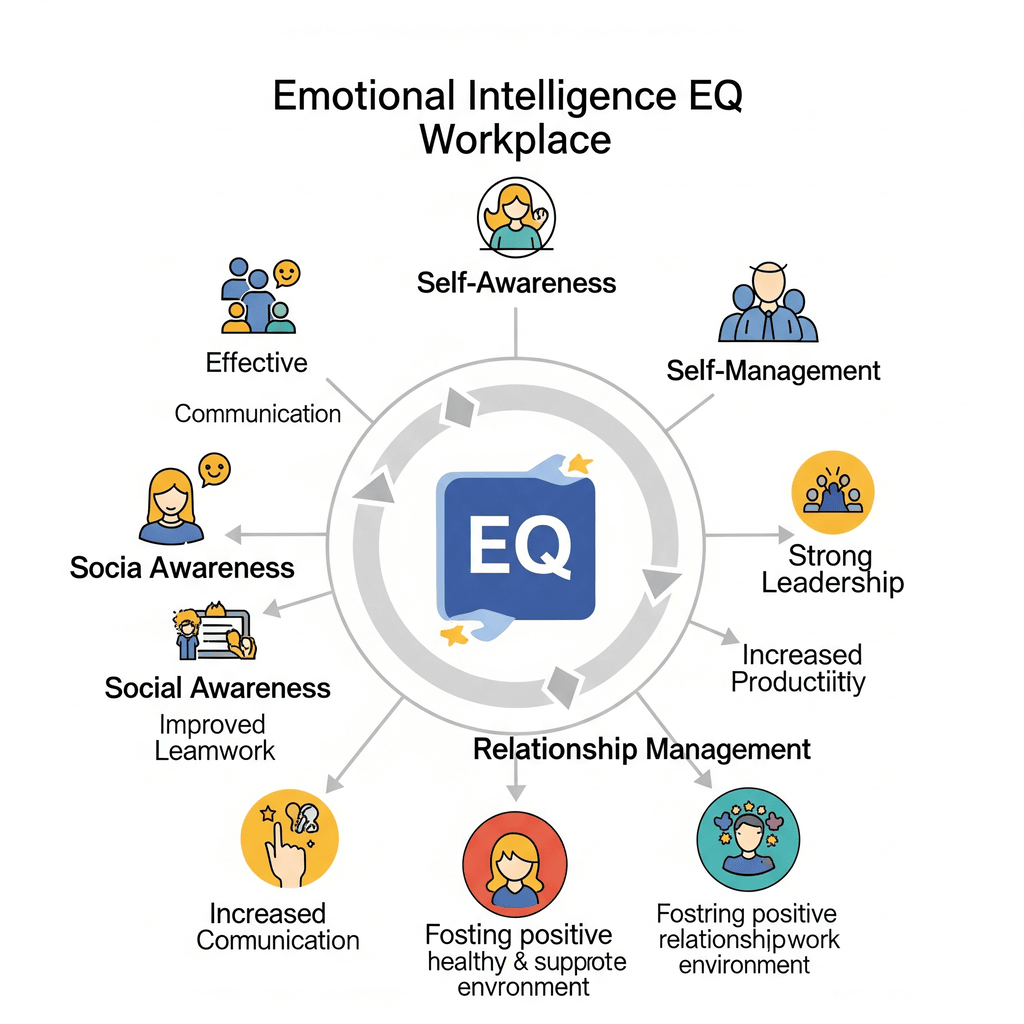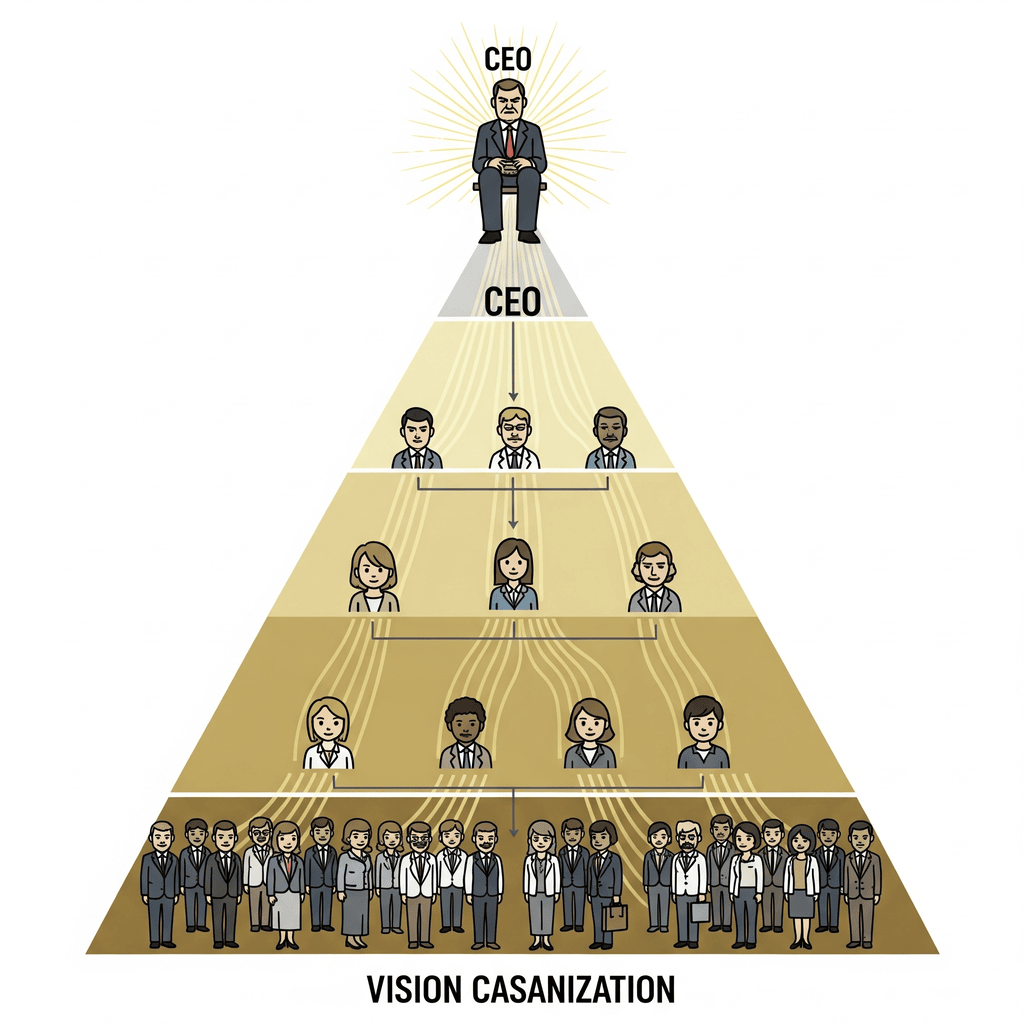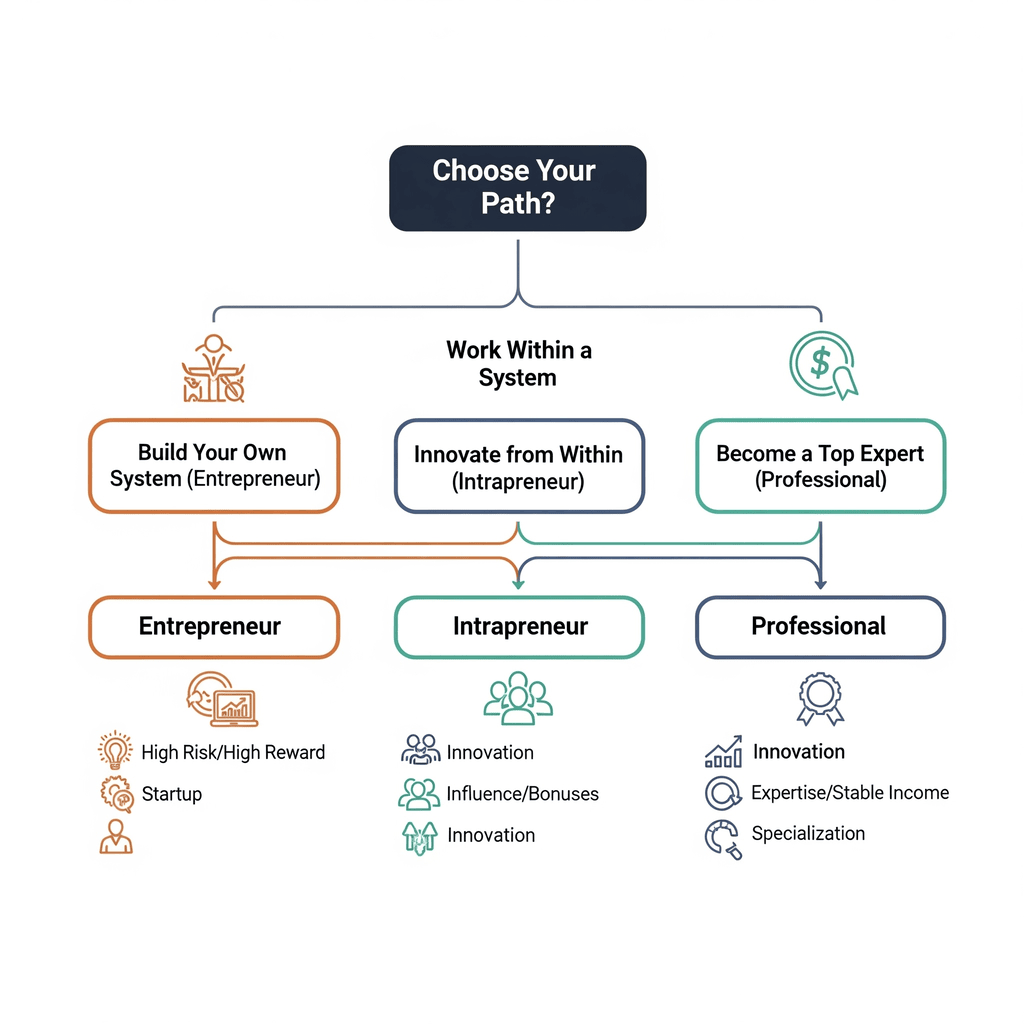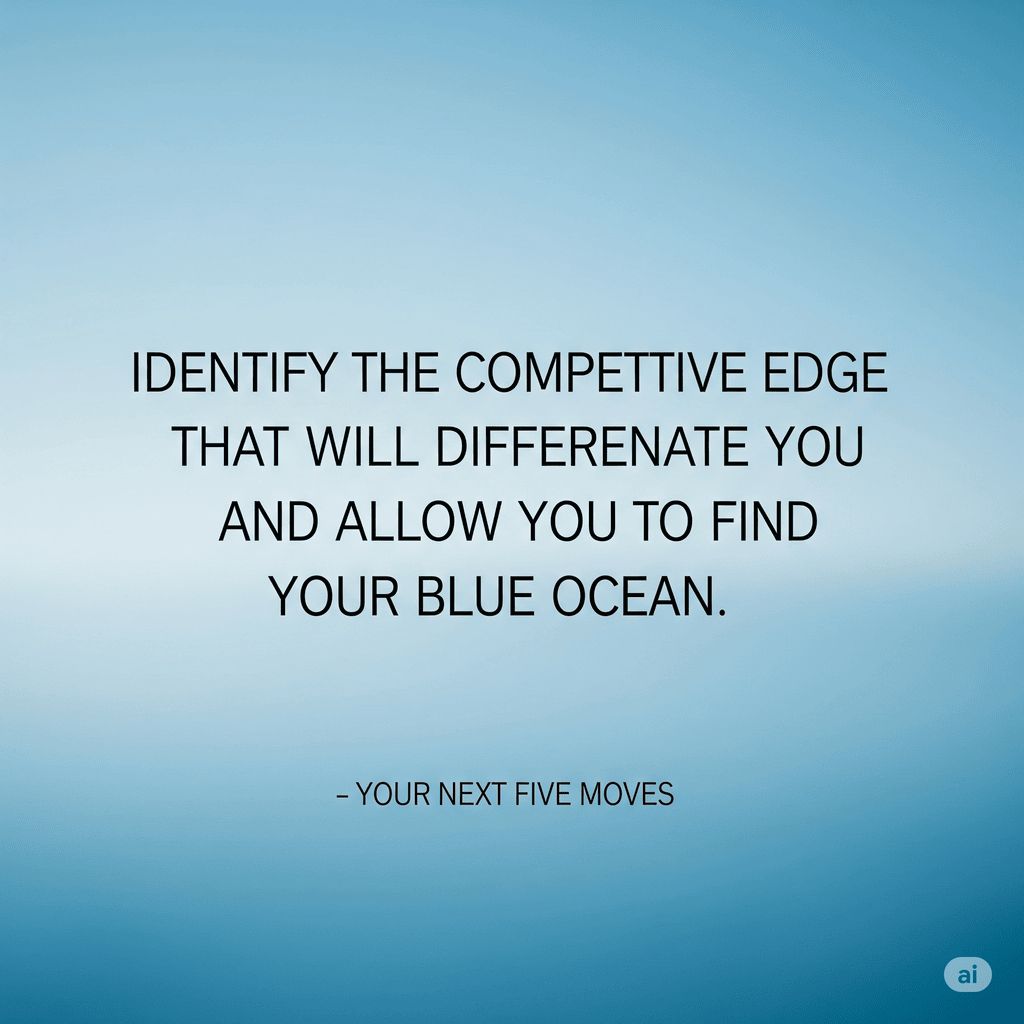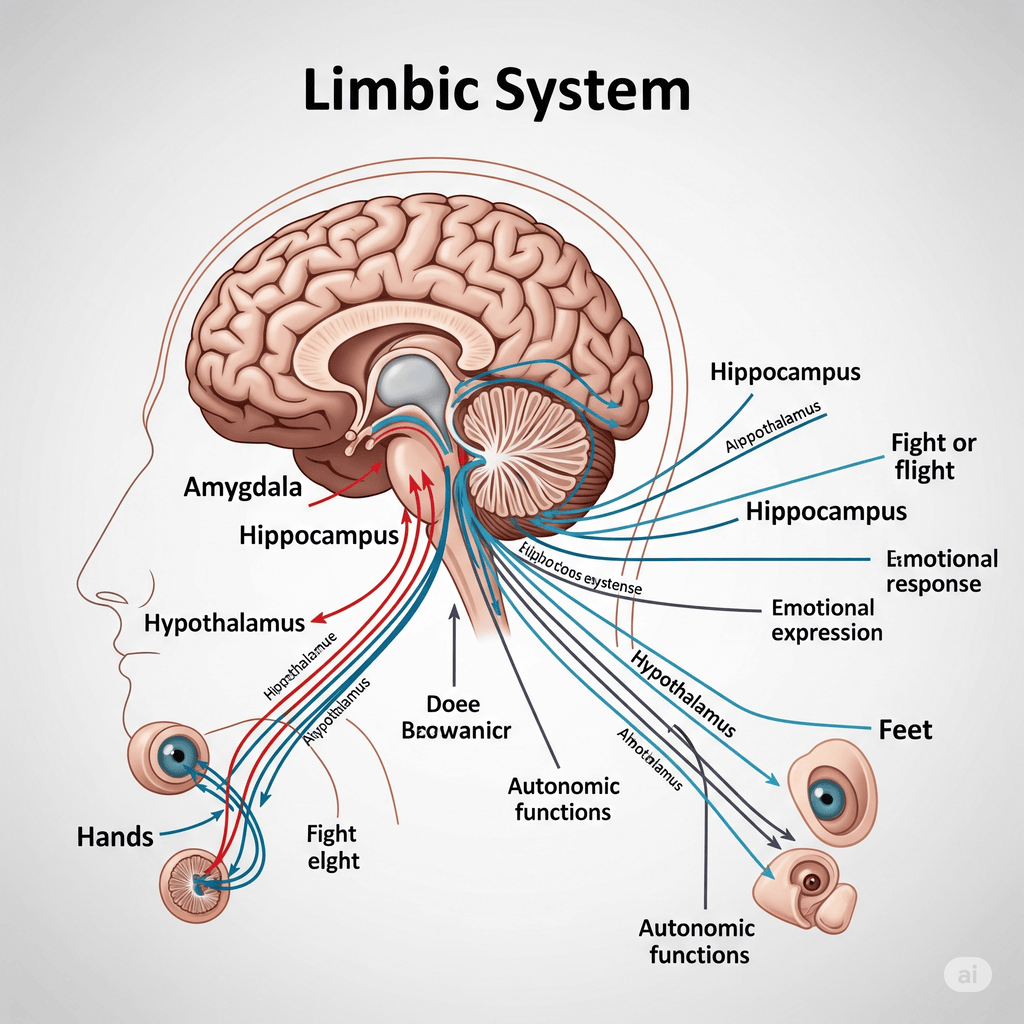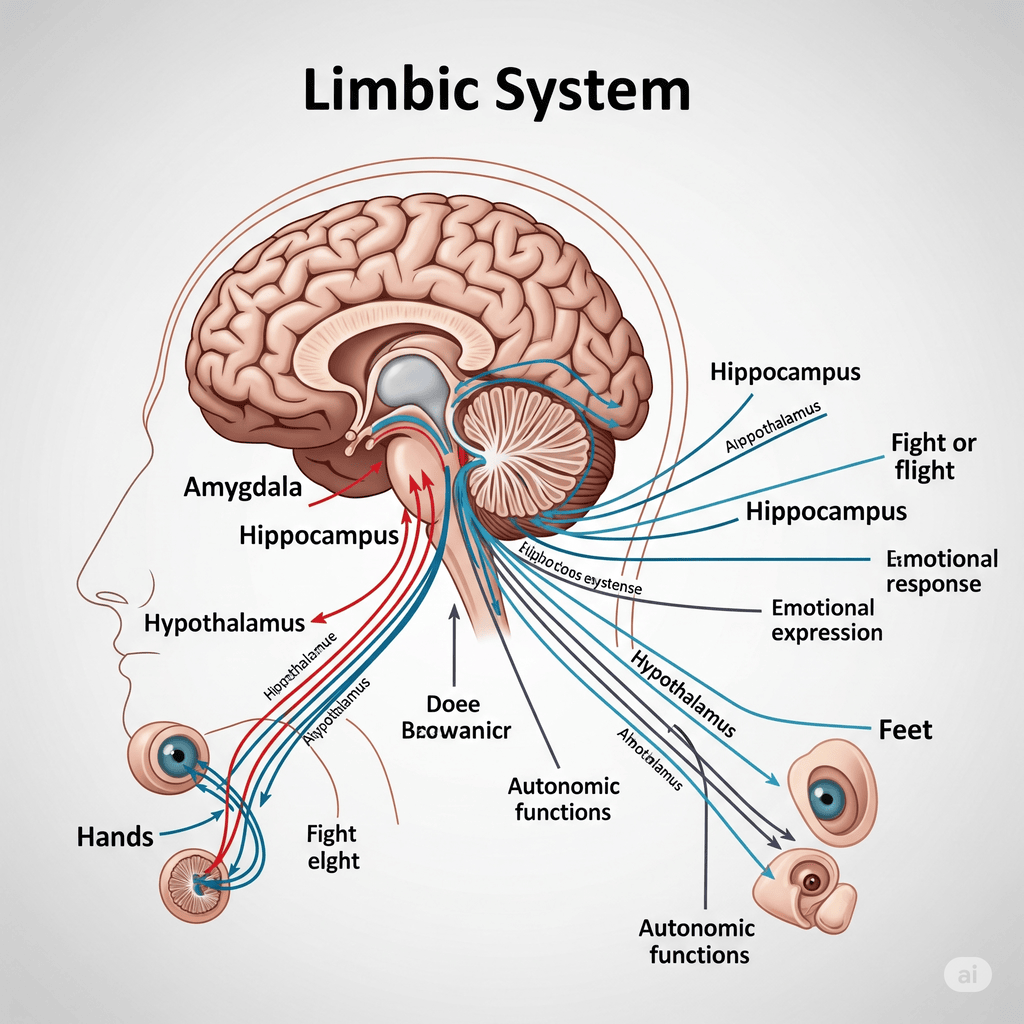We often hear the saying, “When the student is ready, the teacher will appear.” This simple sentence speaks volumes about the importance of readiness in acquiring knowledge and wisdom. Through understanding and self-awareness, we can explore the limitless potential within ourselves. This article delves into how self-awareness can be a catalyst for greater success in our lives.
The Importance of Self-Awareness
Self-awareness is not just about knowing our strengths and weaknesses. It is an ongoing process in which we reflect on our experiences, emotions, and reactions to various situations. By understanding who we are and what we want, we can better direct our lives. Self-awareness leads us to a deeper understanding of our life goals and mission.
Why is Self-Awareness So Important?
- Helps in Facing Challenges: When confronted with difficulties, self-aware individuals tend to be better at analyzing situations and determining appropriate steps. They do not just react; they prefer to respond with wisdom.
- Enhances Relationships: By becoming more aware of our emotions and reactions, we can communicate more effectively. This creates deeper and more authentic relationships with others.
- Continuous Personal Development: Self-awareness encourages us to keep learning and growing. It triggers a healthy curiosity that will lead us toward greater success.
But building self-awareness is not an instant process. There are various practical steps and techniques that can be applied, which are discussed further in the book we recommend.

Creating Personal Standards
One valuable lesson told in an anecdote about a sculptor is the importance of having personal standards. When a student sees a beautiful statue that has some minor damage, he is amazed by its beauty. However, the sculptor destroys the statue because he is not satisfied with his self-imposed standards—something that may not be visible to others but is important to him.
Why You Should Have Personal Standards?
- Encourages Quality and Integrity: When you set high standards for yourself, you strive to deliver the best results in every action.
- Maintains Consistency: By having clear standards, you can be more consistent in your life goals and decisions.
- Inspires Others: When people see you committed to your standards, they may be inspired to pursue their own goals in the same way.
Skills and techniques on how to set and maintain personal standards will be discussed in more detail in our recommended book…
Placeholder Visual:

Read also : Atomic Habits by James Clear
Facing Uncertainty
One of life’s biggest challenges is uncertainty. In critical moments, finding clarity through self-awareness can help you stay on track until you achieve your goals. When difficulties strike, it’s important to understand that every experience is an opportunity to learn.
Why Is Facing Uncertainty Important?
- Developing Resilience: The ability to endure and stay focused amidst challenges is a crucial life skill. It will prepare you to face the future more effectively.
- Creating Independence: Self-awareness helps us become more independent in making decisions and facing risks.
- Gaining Valuable Insights: Experiences, even the toughest ones, often bring valuable lessons that can only be learned by understanding our situations well.
However, some effective strategies for facing this uncertainty are detailed in our book…
Placeholder Visual:

Read also : The Intelligent Investor by Benjamin Graham
Conclusion
Self-awareness is an incredibly valuable tool in achieving true success. By understanding ourselves, reaching personal standards, and facing uncertainty, we pave the way to our true potential. Creating this awareness is not easy, but the journey will surely yield remarkable results.
You have just seen the foundation. These concepts are just the tip of the iceberg of what this book offers. How to apply them step by step, avoid common pitfalls, and integrate them into your strategy? All the answers can be found within.
Register and Get Free Access on MentorBuku Now!


